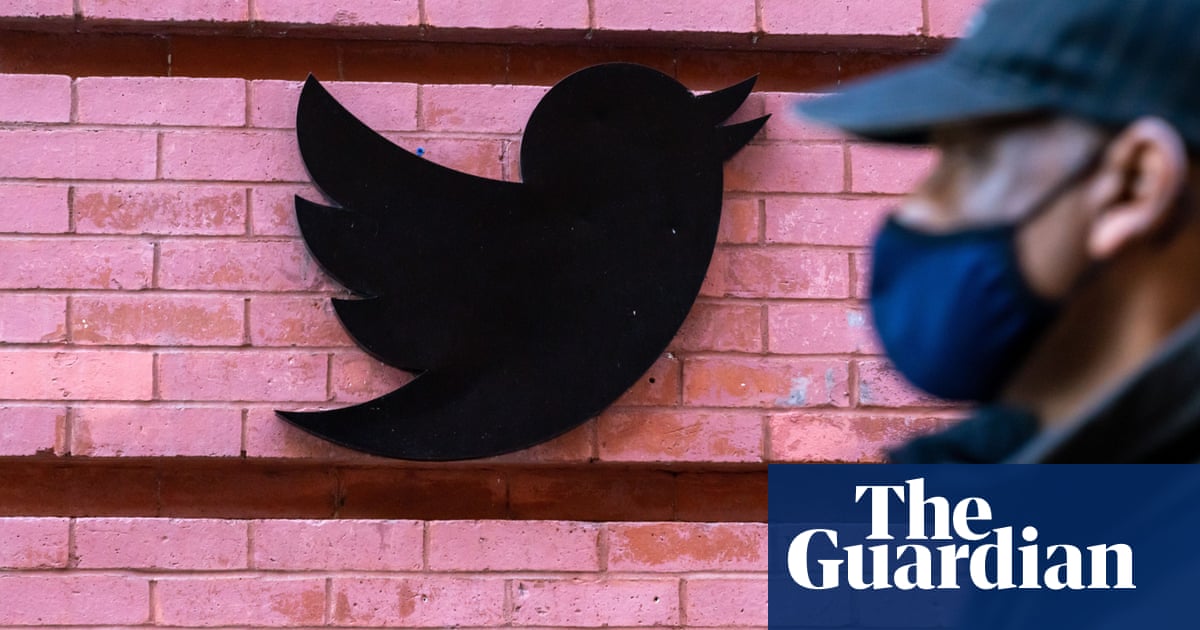Twitter Softens Policy On Hacking Over NY Post Story

Twitter has softened its policies against the sharing of hacked material after the backlash over its decision to block a New York Post story about Joe Biden’s son.
Republican senators declared their intention to subpoena the Twitter co-founder, Jack Dorsey next week, forcing him to explain the decision, after he apologised for the lack of communication about the blocking.
The story, supposedly based on materials stolen from Hunter Biden’s laptop by a computer repair shop, was blocked by Twitter on two grounds, the company said. First, it contained personal information such as private email addresses; and second, it contained hacked material, violating a policy instituted in 2018 to try to limit “hack-and-leak” information operations of the sort run by the Russian state in 2016.
That latter policy had now been weakened, Twitter’s policy chief, Vijaya Gadde, said late on Thursday.
So, what’s changing?
1. We will no longer remove hacked content unless it is directly shared by hackers or those acting in concert with them
2. We will label Tweets to provide context instead of blocking links from being shared on Twitter
— Vijaya Gadde (@vijaya) October 16, 2020
“We will no longer remove hacked content unless it is directly shared by hackers or those acting in concert with them,” Gadde tweeted. “We will label tweets to provide context instead of blocking links from being shared on Twitter.”
The policy against hacked materials had led to concern, going beyond Republican politicians and activists, that Twitter could penalise reporting related to hacks, limiting legitimate journalism, Gadde said. “We want to address the concerns that there could be many unintended consequences to journalists, whistleblowers and others in ways that are contrary to Twitter’s purpose of serving the public conversation.”
Experts who study information operations have long warned that hack-and-leak attacks can be extremely damaging, in part because of the tempting bounty they offer mainstream media organisations. Large quantities of hacked material can shift public discussion in their own right, but can become particularly dangerous when material is leaked selectively, or combined with forgeries.
Thomas Rid, a researcher at Johns Hopkins University School of Advanced International Studies said: “Bottom line: every individual little fact – every email, every detail mentioned in an email – must be verified when data is surfaced in such a suspicious way, not just one piece of information, say a photo.
“It appears that the New York Post did not do that here.
“To journalists considering writing about this toxic story: don’t– – unless you can independently verify more details. And even if you can verify something, acknowledge the possibility of disinformation upfront, especially against the backdrop of 2016. Not doing so is bad practice.”
The New York Post story was not the only blocking controversy on Twitter. The account of Donald Trump’s re-election campaign was also briefly restricted on Thursday, causing another outcry from Republican lawmakers who accused social media companies of acting like “speech police”.
Twitter temporarily blocked the @TeamTrump account from sending tweets after it posted a video referring to the Post story.
Trump said, when asked about the move by Twitter: “It’s going to all end up in a big lawsuit and there are things that can happen that are very severe that I’d rather not see happen, but it’s probably going to have to.”
READ MORE HERE
